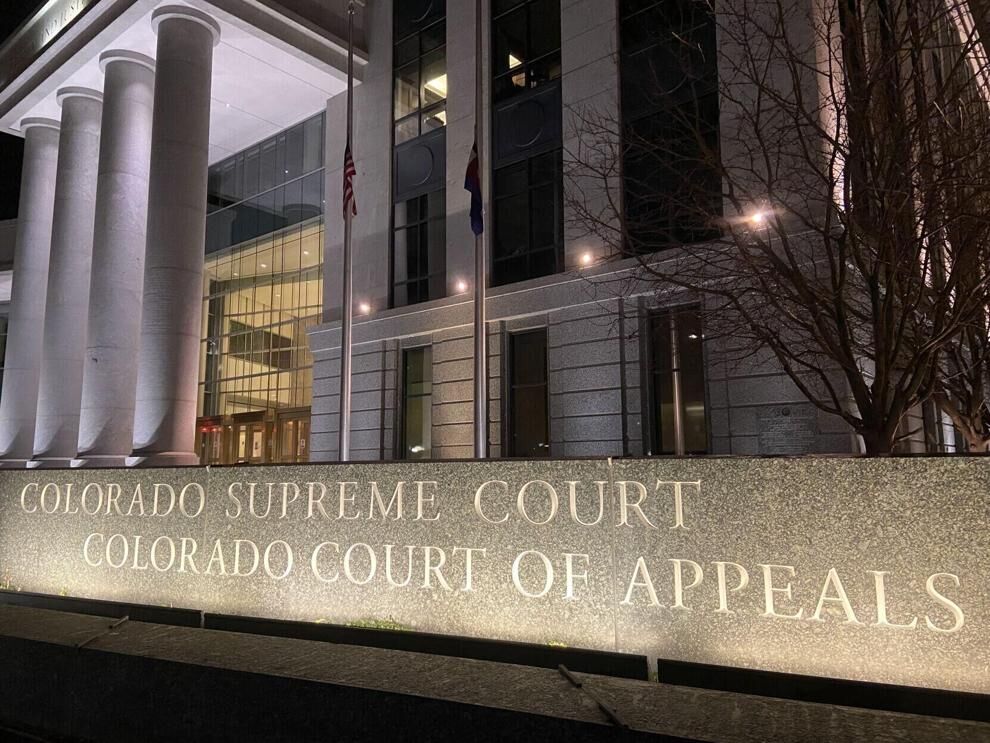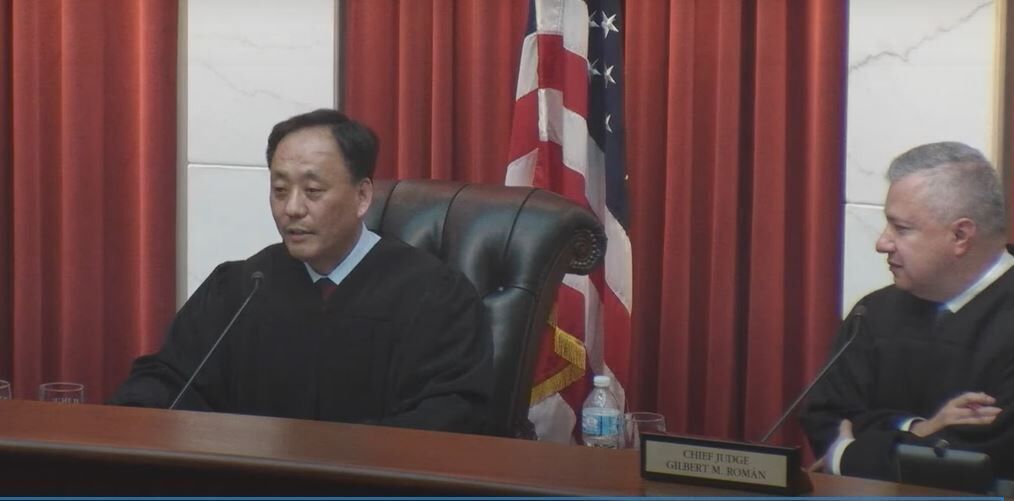Ethics panel says judge may assist former client with clemency petition without violating rules

A recently-appointed, part-time judge may help his former client ask for clemency without running afoul of the rules of judicial conduct, the Colorado Supreme Court’s ethics panel has advised.
In a June 29 opinion, the Judicial Ethics Advisory Board answered the inquiry of a county court judge who wished to know if he could assist a convicted defendant he represented with a clemency application to the governor’s office. Although part-time judges are allowed to practice law under the Code of Judicial Conduct, there is a prohibition on activities that would compromise the integrity of the bench.
“The judge has not helped or advised the defendant since being appointed to the bench but would like to know if it is possible to help the defendant present a compelling legal argument without violating the Code,” the advisory board summarized in its opinion.
Restrictions on part-time judges preclude them from practicing law in the court where they are appointed or in any matters that likely will come before that court. Full-time judges are subject to the code’s prohibition on practicing law.
The ethics panel weighed in last year on a similar request from a judge who wondered whether, as the person who formerly prosecuted the defendant, he or she could testify as a character witness in the defendant’s clemency proceedings. The panel said the judge was being “duly summoned” to participate, so such testimony was permissible.
Although a different rule applied to the judge who wished to help his former client apply for a pardon or commutation, the advisory board similarly concluded the judge was in the clear by providing legal assistance.
The judge “may help the defendant amend or supplement his clemency application because the judge would not appear before a county court or a court within the same district the judge serves. Instead, the clemency application would be considered by an agency within the executive branch,” the panel wrote.
Although the judge would not provide testimony in his client’s case, the advisory board cautioned the judge not to identify as a member of the bench when preparing the application.














